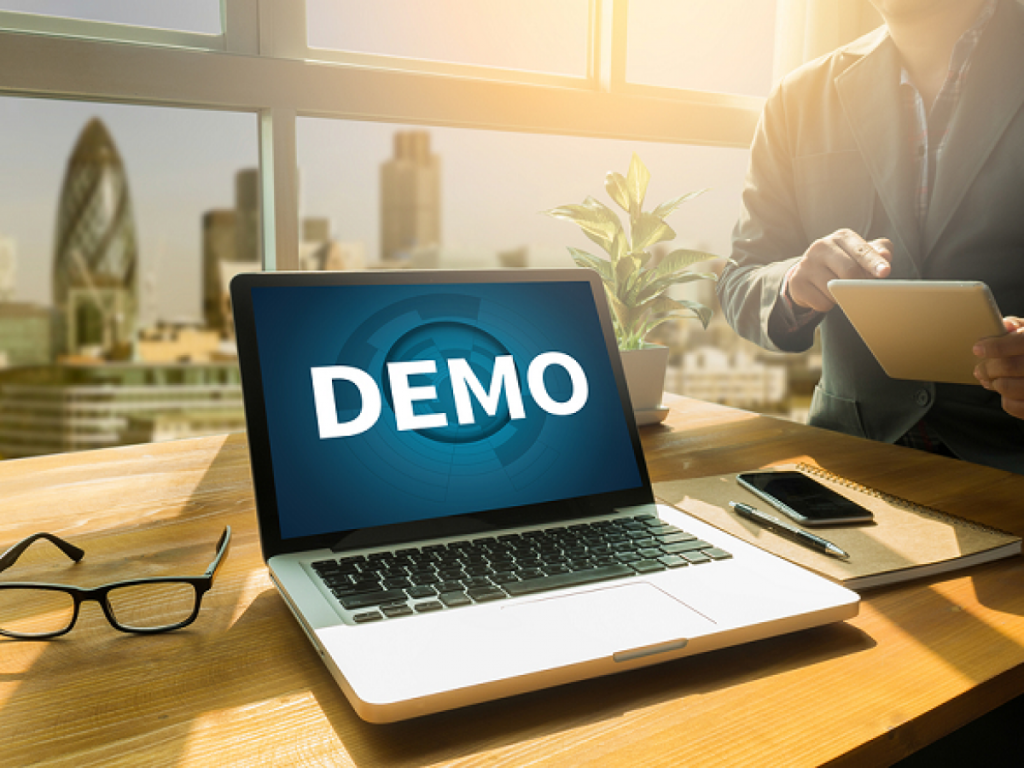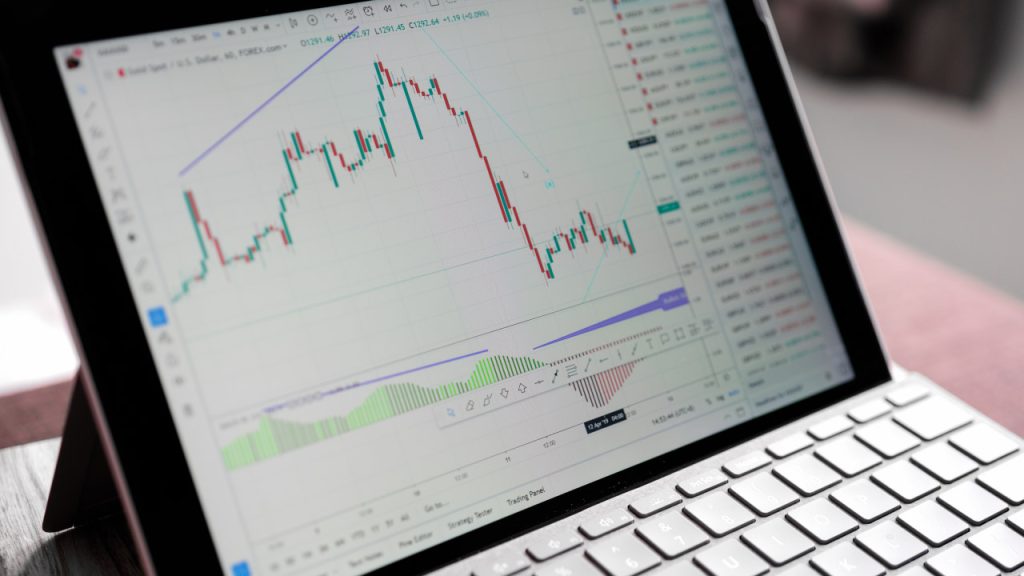The Importance of a Demo Account for Forex Beginners
Starting out in forex trading can be an intimidating experience, especially for beginners who are just learning the ins and outs of the currency markets. Trading involves complex strategies, risk management, and a deep understanding of market movements. Fortunately, one of the most effective tools for new traders to gain experience without risking real money is the demo account. In this article, we’ll explore why a demo account is a crucial resource for beginners in forex trading.
What is a Demo Account?
A demo account is a simulated trading environment offered by most forex brokers. It allows beginners to trade with virtual money while replicating the conditions of the real forex market. Using a demo account, traders can access the same platform features, charts, and analysis tools available to live traders, all without the pressure of financial risk. This makes it an essential resource for learning the basics of forex trading.
Why is a Demo Account Important for Beginners?

1. Learn the Trading Platform
Every forex trading platform can look overwhelming at first glance, with various features, charts, and tools that may be unfamiliar to new traders. A demo account provides the perfect environment to explore these features. Beginners can learn how to place trades, set stop-loss orders, use indicators, and navigate the platform without the fear of making costly mistakes. This hands-on practice makes the transition to live trading much smoother.
2. Practice Strategies Without Risking Real Money
Trading in the forex market requires a good understanding of various strategies, whether they are technical, fundamental, or a combination of both. With a demo account, beginners can test different strategies and trading techniques in real-time market conditions. They can experiment with different approaches, refine their trading style, and learn how to adjust their methods to changing market conditions—all while using virtual money.
3. Gain Experience in Real Market Conditions
While demo accounts do not involve real capital, they still offer a realistic simulation of how the market operates. Beginners can observe price movements, understand volatility, and react to news events, all while practicing their skills. This experience is crucial for making well-informed decisions once they transition to live trading. The more time spent in a demo account, the better prepared traders are for the complexities of the forex market.
4. Build Confidence and Reduce Emotional Stress
One of the biggest challenges for beginner traders is managing emotions when real money is at stake. It’s easy to become anxious or overly excited when trades don’t go as planned. A demo account helps build confidence by allowing traders to make mistakes without suffering financial loss. As traders become more comfortable with making decisions and sticking to their strategies, they build the emotional resilience needed for live trading.
5. Develop Risk Management Skills
Understanding risk management is vital for success in forex trading. A demo account enables beginners to practice using key risk management techniques such as setting appropriate stop-loss levels, position sizing, and managing leverage. Learning how to control risk in a demo environment provides the foundation for making sound financial decisions when real money is on the line.
6. No Financial Risk Involved
The most obvious benefit of a demo account is that it allows traders to practice without risking their own money. This risk-free environment means that beginners can take their time, experiment with various strategies, and learn from their mistakes without worrying about their capital. This freedom encourages learning and ensures that beginners don’t face financial setbacks while building their skills.
How to Maximize Your Demo Account Experience

To get the most out of a demo account, it’s important to treat it like a real trading experience. Here are a few tips to maximize your learning:
- Set Realistic Goals: Approach demo trading with specific goals in mind, such as mastering certain strategies or gaining confidence in managing risk.
- Monitor Your Progress: Keep track of your trades, noting what worked well and where improvements can be made. This will help you refine your approach over time.
- Simulate Real Trading Conditions: Avoid using demo accounts as a playground. Practice with the same discipline and mindset you would use in live trading.
- Gradually Transition to Live Trading: Once you feel confident in your abilities, start trading with small amounts in a live account. This allows you to test your skills in real market conditions while minimizing risk.
A demo account is an invaluable tool for anyone new to forex trading. It allows beginners to gain experience, practice strategies, and familiarize themselves with trading platforms—all without the risk of losing real money. By using a demo account effectively, new traders can develop the skills and confidence needed to succeed in the competitive forex market.
For more guidance and resources to get started with forex trading, visit IamForexTrader.
